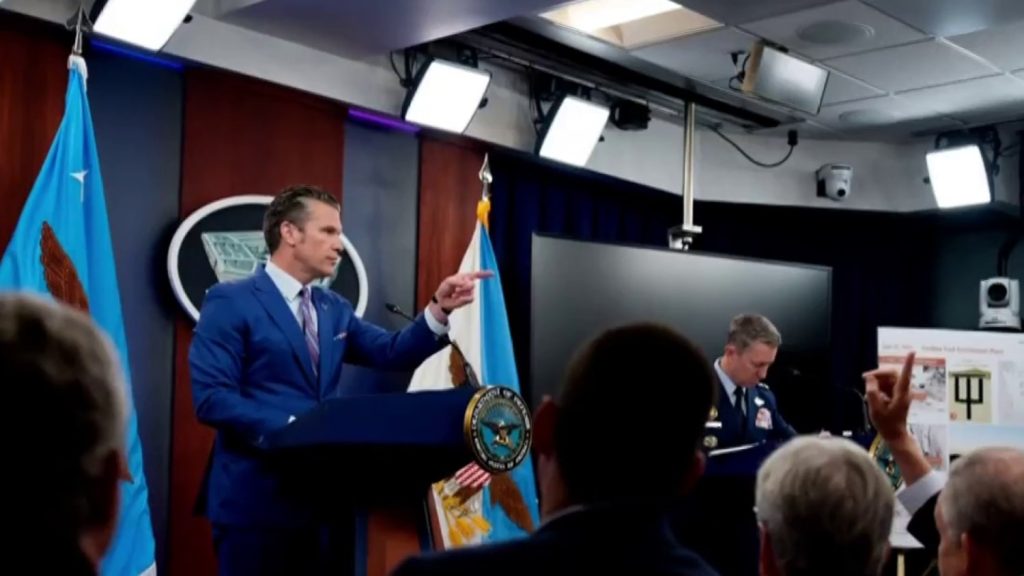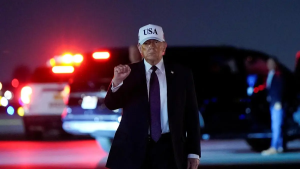Congress Confronts Pentagon’s New Oversight Policy

Congress is pushing back after a new policy from the Department of War requires the Pentagon’s central legislative affairs office to approve all interactions with its employees.
In a memo dated Oct. 15, Secretary of War Pete Hegseth and Deputy Secretary of War Steve Feinberg stated that personnel must coordinate with the office of the assistant secretary of defense for legislative affairs for all engagements and communications with Congress and state elected officials, according to reports.
Sen. Joni Ernst, R-Iowa, a member of the Senate Armed Services Committee, told The Washington Times the policy will make it difficult to conduct oversight of the Pentagon. “I think it’s really hard, especially if you need a quick turnaround on an answer,” she said. “Sometimes it’s just easier to go to whichever department and find out directly from those members. So, I think it does make it more difficult.”
Rep. Austin Scott, R-Ga., a senior member of the House Armed Services Committee, emphasized that one of the core tenets of the country is civilian control of the military. “Members of our armed forces should feel comfortable speaking with their elected officials,” he told The Washington Times.
Sen. Eric Schmitt, R-Mo., expressed belief that the new policy will help prevent leaks of classified information. “I don’t know exactly the best way to get at that problem, but it’s a problem,” Schmitt told The Washington Times. “For me, as a sitting United States senator on the Armed Services Committee, I’m going to continue to have oversight and seek oversight and get the right people in the room that can answer questions.”
The Pentagon’s previous policy allowed the military services, combatant commands, and other War Department agencies to manage their own interactions with Congress, reports indicated. On Friday, the White House announced a new communications policy that barred members of the press from accessing Room 140, known as Upper Press, without an appointment. “This policy will ensure adherence to best practices pertaining to access to sensitive material,” the White House said.
Congressional aides have also expressed concern that the new Pentagon policy could prevent Congress from putting together an appropriations bill. An aide told reports if they must wait for clearance, it might not arrive in time to have an impact on the bill, adversely affecting the military.
The memo applies to senior department leaders, the chairman of the Joint Chiefs of Staff and the Joint Chiefs, combatant command heads, service secretaries and chiefs, directors of War Department agencies, and congressional affairs officials, among others.




